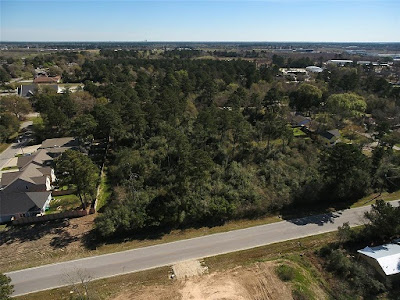Hi Prospects & Friends,
I wanted to share a horrible employer interview experience I went though as an employer a few days ago, and recommend from my own experience not to try these tactics on a "Job Interview" with any employer who is younger than you. First I think this actually falls under age discrimination, but because it's not really focused on the "Employer" much and more on the "Employee", I honestly think that's why it's not really a big issue just yet to create a world wide category for it. So this is how my interview went as an employer. I recently had a female applicant come to my firm to want to possibly work for me. I was dressed professional on the interview, and was ready to let her in my office. The applicant who I will not reveal for protection purposes came in my office and immediately glanced around at everything and them "Zoomed" in on me. I requested her to sit down in a seat I provided her, and before I could even start the interview she ask me:
- How old are you?
- How are you able to afford a place like this for rent"?
- Where are you getting the money to pay this rent?
- How much is this rent here and can you even afford this place?
- Who is A. Colette Harris Properties, LLC & Who is April C. Harris are they the same person?
- Who Are You?
- Are you even licensed?
When I look at Reese Witherspoon & Jack Dorsey they are indeed my age, and I wonder if they ever get "Age Discrimination" with applicants who are older than them. Well either way I wasn't upset and learned alot from this interview. Maybe in the future the colleges will create a class in human resources, that explains how to approach a younger boss on a interview if you ever indeed have to face it someday.



